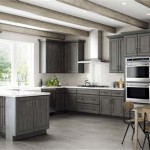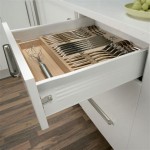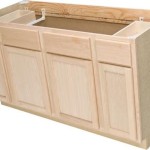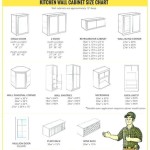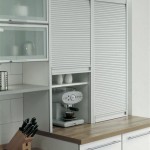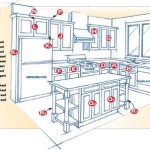Essential Aspects of Corner Kitchen Cabinet Plans
Corner kitchen cabinets are a valuable asset to any kitchen design, offering increased storage space and optimizing the use of often-underutilized corner areas. If you're considering installing corner kitchen cabinets, careful planning is crucial to ensure a seamless and functional result. Here are some essential aspects to consider when creating corner kitchen cabinet plans:
Types of Corner Cabinets
There are several types of corner cabinets, each offering unique benefits and design considerations. Here are the most common options:
- Lazy Susans: These circular cabinets rotate on a central axis, providing easy access to items stored inside. They are ideal for storing spices, small appliances, and other frequently used items.
- Blind Corner Cabinets: These cabinets have doors that open up like regular cabinets, but they require a specialized mechanism to access the back corners. This mechanism involves either pull-out shelves or a rotating carousel.
- Diagonal Cabinets: These cabinets have a diagonal front and a beveled back corner, providing additional storage space in small kitchens.
Measuring and Planning
Accurate measurements are essential for successful corner cabinet installation. Start by determining the width of the space available for the cabinet. Measure from the inside corner of the walls to the opposite corner. Next, measure the height and depth of the space. Ensure that the cabinet dimensions align with the available space, allowing for slight clearances.
Doors and Drawers
Corner cabinets often face challenges with door and drawer accessibility. Consider using overlay doors, which overlap the cabinet frame, to maximize storage space. Alternatively, frameless cabinets can provide a more contemporary look and allow for flush-mounted doors and drawers.
Shelving and Organization
Corner cabinets require specialized shelving and organization systems to make the most of the available space. Adjustable shelves allow for customization based on storage needs. Drawers, pull-out trays, and dividers can further enhance the functionality and accessibility of your corner cabinets.
Hardware and Accessories
Proper hardware and accessories can significantly improve the functionality of corner cabinets. Choose high-quality hinges and drawer slides that ensure smooth operation. Lazy Susan mechanisms should be sturdy and provide effortless rotation. Lighting solutions, such as under-cabinet lights or dedicated spotlights, can illuminate hard-to-reach areas.
Design Considerations
In addition to the practical aspects, consider the overall design of your corner kitchen cabinets. Match the cabinet style to the rest of your kitchen, whether traditional, modern, or transitional. Choose finishes and hardware that complement the décor. Consider the lighting fixtures in the corner area to enhance the ambiance and visibility.
Professional Installation
While it's possible to install corner kitchen cabinets yourself, it's highly recommended to hire a professional for accurate measurements, proper assembly, and secure installation. This ensures optimal functionality, durability, and a seamless integration with your overall kitchen design.

Common Corner Cabinet Types And Ideas Superior Cabinets

36 Corner Base Easy Reach Kitchen Cabinet Basic Model Plans New Cabinets

Kitchen Corner Cabinet Dimensions The And Set It Within Two Standa Plans

36 Corner Base Easy Reach Kitchen Cabinet Basic Model Ana White

Common Corner Cabinet Types And Ideas Superior Cabinets

Kitchen Corner Cabinet Ideas For Your Home Designcafe

Options For Corners In Your Kitchen Designs Vestabul School Of Design

Kitchen Corner Cabinet Ideas For Your Home Designcafe

Corner Kitchen Cabinet Ideas For Proper Storage Choice

Blind Corner Cabinets Step By Guide On How To Install
Related Posts


